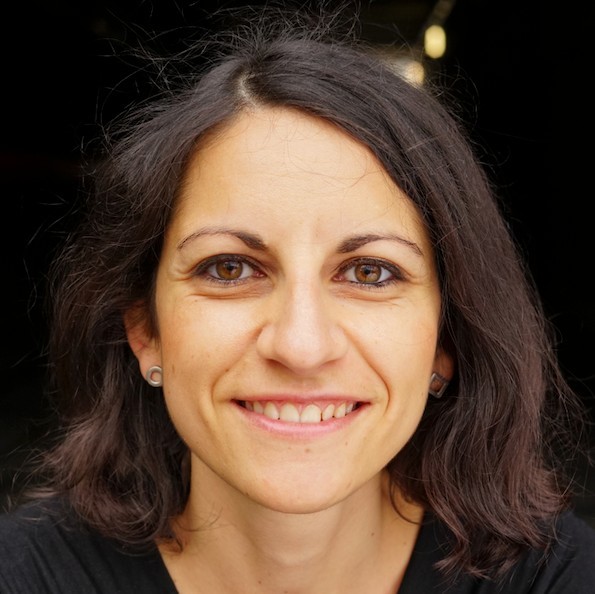ACE Consulting Group celebrates the remarkable achievement of Harvard economic historian, Claudia Goldin, who was honored with the 2023 Nobel economics prize. Her groundbreaking studies have highlighted the underlying reasons for wage discrepancies and labor market disparities between men and women, as cited by the Royal Swedish Academy of Sciences.
Claudia Goldin’s work is celebrated for being the first thorough analysis of women’s wages and labor market presence over several centuries. The Academy noted, “Goldin’s research identifies both the drivers of change and the primary factors responsible for the persisting gender pay gap.”
Historically, in 1990, Goldin became a trailblazer by being the first woman to receive tenure in Harvard’s economics department. She now proudly stands as the third female recipient of the Nobel economics award and is the inaugural woman to clinch it solo.
Speaking from her Massachusetts residence, Goldin said her research delves deep into the question of why substantial disparities continue to exist between male and female roles and remuneration. Her seminal book, “Understanding the Gender Gap: An Economic History of American Women,” has been instrumental in shedding light on wage inequality across two centuries. Goldin has also expanded her research to examine societal indicators like the influence of contraception on women’s career choices and reasons behind women constituting the majority of undergraduate students.
In a significant statement at Harvard, Goldin emphasized the historical invisibility and lack of compensation for women despite performing tasks parallel to their male counterparts. She stressed the monumental shift of women moving from domestic roles to market production.
However, she pointed out that policy adaptation often lags behind these societal changes.
Echoing Goldin’s impactful discoveries, the Economic Prize committee mentioned the profound societal implications of her work. Goldin’s commitment to enhancing economic fairness garnered admiration from global leaders, with European Central Bank President Christine Lagarde lauding her dedication.
Despite anti-discrimination laws globally, gender-based pay discrepancies persist. As per Pew Research Center, women in the U.S. earned roughly 82% of what their male peers did in the previous year. European data paints a similar picture, showing women earning 13% less on average per hour than men in 2021.
Goldin’s comprehensive work indicates that while there have been strides in reducing this gap, complete closure seems distant. She attributes various factors to this persistence, including overt discrimination and the concept of “greedy work,” which she introduced. This concept elaborates on roles that reward longer working hours or reduced control over working hours, inadvertently disadvantaging women seeking flexible employment.
Goldin joins the elite club, where only Elinor Ostrom and Esther Duflo have been previous female laureates in economics. As the news of her win reached her, in a light-hearted revelation on the Nobel site, Goldin shared that her immediate response was to instruct her husband to cater to their pet dog and brew some tea while she prepared for the upcoming press conference.

















